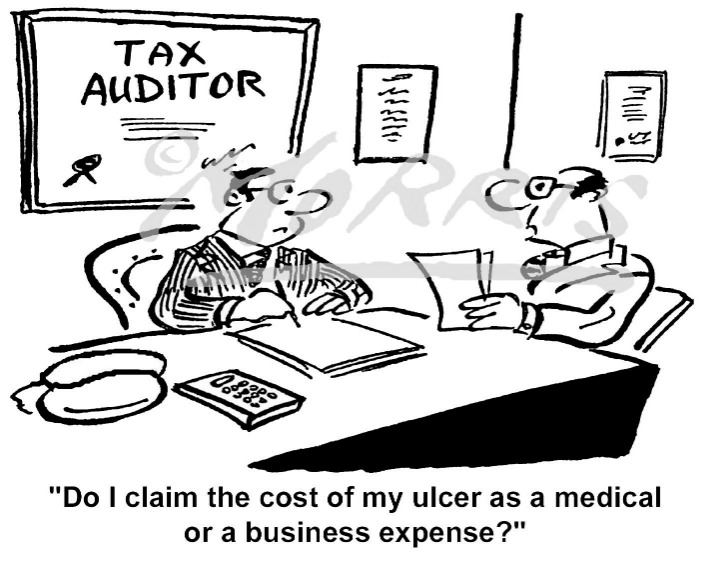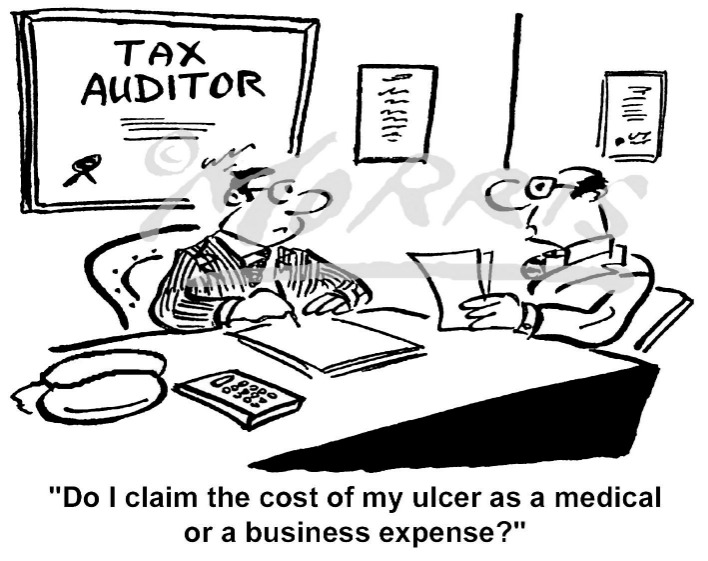In the world of real estate, the 1031 exchange CPA plays an indispensable role for investors seeking to defer capital gains taxes. Named after Section 1031 of the Internal Revenue Code, this strategy enables the swapping of one investment property for another, providing significant tax savings—if executed correctly. A proficient 1031 exchange accountant can guide you through this intricate process, ensuring compliance with all regulations.
Why You Need a CPA for 1031 Exchange
Executing a successful 1031 exchange requires more than just understanding the basics. The rules governing these exchanges are detailed and stringent. Hiring a CPA for 1031 exchange ensures that all financial and tax-related intricacies are addressed, paving the way for a seamless transaction. Their expertise in 1031 exchange tax calculation can immensely benefit investors by evaluating the transaction’s potential tax deferrals accurately.
Finding a 1031 Exchange CPA Near Me
With numerous professionals available, choosing the right 1031 exchange CPA near me can be daunting. It’s crucial to select a CPA who not only comprehends tax laws but also possesses specific experience in handling 1031 exchanges. Their local knowledge can offer insights into state-specific stipulations that might affect your exchange process. Learn more about the role of a 1031 exchange CPA and how they can aid your investment strategies effectively.
The Importance of Accurate 1031 Exchange Tax Calculation
One of the significant advantages of working with a 1031 exchange accountant is their ability to perform precise tax calculations. Missteps in the 1031 exchange tax calculation could lead to unintended taxes or penalties. Thus, the expertise of a qualified CPA ensures you meet all requisite timelines and comply with the IRS rules.
Choosing Between 1031 Exchange CPA and Qualified Intermediary
While both 1031 exchange CPA and Qualified Intermediaries (QI) are pivotal in the exchange process, their roles are distinct. CPAs focus on the tax implications and financial planning, whereas QIs manage the proceeds during the exchange. Understanding the difference can significantly affect the transaction’s outcome. Explore the nuances between these roles by visiting this comprehensive guide on the differences between a 1031 exchange accountant and a QI.
In conclusion, successful implementation of a 1031 exchange hinges on informed guidance from a CPA for 1031 exchange. Their expertise is crucial in navigating the complexities of tax regulations, ensuring compliance, and optimizing the financial benefits of 1031 exchanges for real estate investors.





